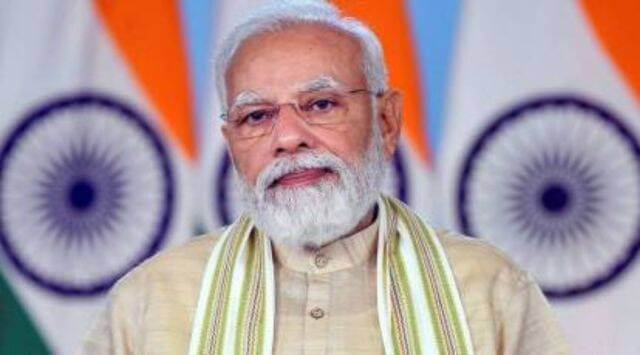
In 2020, India’s government unveiled the National Education Policy (NEP), a sweeping set of educational reforms designed to modernize the country’s education system and prepare students for the challenges of the 21st century. The NEP 2020 has been praised by many as a step in the right direction, and recently, Prime Minister Narendra Modi reaffirmed his commitment to the policy, calling it a blueprint for a “modern” and “developed” India.
Modi’s comments came during a virtual interaction with educationists, students, and other stakeholders on the occasion of National Education Day, which is celebrated in honor of India’s first education minister, Maulana Abul Kalam Azad. Modi spoke about the importance of education in shaping India’s future and highlighted some of the key features of the NEP 2020.
One of the central aims of the NEP 2020 is to make education more holistic and multidisciplinary, with an emphasis on developing students’ creativity, critical thinking, and problem-solving skills. The policy calls for a shift away from rote learning and memorization toward more experiential and hands-on learning, with a focus on developing students’ practical skills and real-world knowledge.
Another key aspect of the NEP 2020 is its emphasis on digital education and technology-enabled learning. The policy recognizes the transformative potential of technology in education and calls for the creation of a digital infrastructure to support online and blended learning. This is seen as particularly important in light of the COVID-19 pandemic, which has forced schools and universities to shift to online modes of instruction.
Modi also emphasized the importance of vocational education and skill development, noting that these are critical for preparing students for the rapidly evolving job market. The NEP 2020 includes provisions for integrating vocational education and training into mainstream education, with a focus on developing job-ready skills and entrepreneurship.
In addition to these key themes, the NEP 2020 also includes several other important reforms, such as increased funding for education, improved teacher training, and a renewed focus on mother tongue-based education. The policy has been welcomed by educators and policymakers alike, who see it as a much-needed overhaul of India’s education system.
However, there have also been some concerns raised about the implementation of the NEP 2020. Some critics have argued that the policy may be too ambitious and that it may be difficult to achieve its lofty goals within the existing infrastructure and resources. There are also concerns about the potential impact of the policy on marginalized communities, particularly those in rural areas or from low-income backgrounds.
Despite these challenges, Modi remains optimistic about the future of education in India. He stressed that the NEP 2020 is not just a policy document but a vision for the future of the country, and he called on all stakeholders to work together to realize this vision.
The NEP 2020 is a landmark policy that has the potential to transform India’s education system and prepare students for the challenges of the 21st century. While there are certainly challenges to its implementation, there is no doubt that the policy represents a major step forward for Indian education. As Modi noted, “The National Education Policy is not just a policy but a mission to transform India into a developed nation.”









